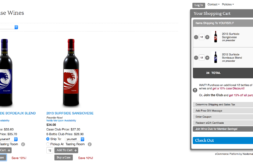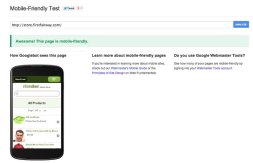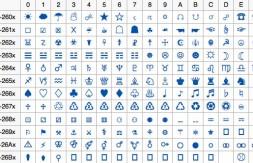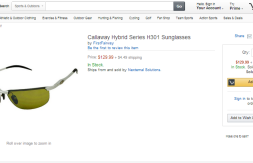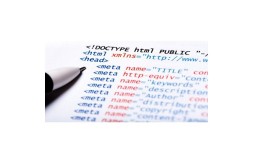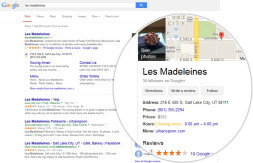Allocations: A Little-Known Feature with Big Creative Marketing Potential

When limited quantities of a product are produced and there’s more consumer demand than product, often the producer will give their best customers “first dibs” through an allocation program. In a typical allocation program, the producer manages the sale of limited product quantities by giving each of their best customers a limited-time opportunity to purchase up to a specified amount of the product before allowing anyone else to purchase. Once the “allocation offer period” expires, any remaining product is distributed among allocated customers that requested more than their allocation, and/or to customers that weren’t offered an allocation up front.
An excellent example of an industry in which allocations are widely used for this purpose is wine. Especially among the higher-end products, wines are often quite limited in production, and the producing wineries have no choice but to make tough decisions about who gets to purchase the wine, and how much they get to purchase.
Typically they will have developed mailing lists, sometimes with “waiting list” positions, and they will allow their top customers to buy more than customers who spend less with the winery overall. So, the top tier of customers may get to buy a case of a wine, the next tier may get to buy only 6 bottles of the wine, the next tier 3 bottles, and so on.
Brewery clients often do the same thing with limited-production, seasonal brews, for example. Olive oil producers may offer limited quantities of a special-flavored bottling to their club members in allocated quantities. Even non-producers use allocations at times – for example, a toy merchant who knows they are only getting a limited quantity in stock of the next collectible action hero figurine, may want to allocate the inventory of that toy among the merchant’s most loyal customers.
Fortunately, the ability to manage and enforce these allocation programs is built right into Nexternal, so that at the merchant’s choice, customers without an allocation are either precluded from seeing the allocated products when they come to the site, or they are allowed to see them but are precluded from purchasing them.
But there are many other clever ways in which merchants are using these unique allocation tools in Nexternal, and you can too. Here are some ideas to get your creative marketing juices flowing –
1. Let’s say you offer “student discounts” on software packages, for example. Of course you can limit the use of the promo code only to students – but how can you preclude a student from purchasing 20 copies of a particular software package to distribute to friends and family who are not eligible for the student discount? The allocation tools handle this nicely, to limit each student to a purchase of only 1 or 2 of each product, for example.
You may ask – so why can’t I just put a maximum purchase number on the product itself and call it a day? The answer lies in the big difference between typical “maximum purchase quantity” functionality and typical “allocation” functionality – in Nexternal and most other systems, the “maximum purchase quantity” function limits how many of a product can be purchased by someone in a single order. When a product is allocated, however, the limit applies to the quantity purchased over all of that customer’s orders, not just within a single order. Very few eCommerce systems outside of the wine industry provide this special allocation capability.2. Let’s say that a corporate customer of yours pre-approves, or even pre-pays for, various supplies that can be requested by multiple locations over the course of a season or a year. With allocations, location A can only order up to the corporate-approved or paid amount for location A, location B can only order up to the corporate-approved or paid quantity for location B, and so on. In this way, allocations can make distribution of items among multiple locations over time, super simple.
3. Let’s say that you want to offer a free thank you gift to a specific set of customers (your top 100 customers, for example, or maybe all customers who have active auto-ship subscriptions with you through Nexternal), and you want to bring them to your site to claim the free gift in the hope that they will spend some money while there and order some items in addition to the freebie. With allocations, you can prevent each customer from claiming multiple free gifts. Simply allocate one freebie to each customer of the specified customer type.
4. Let’s say you offer a club or membership of some kind – and you have certain products that are available only for purchase by members. From a marketing perspective it would make a lot of sense to show those products to everyone, to encourage club memberships – but to make them purchase-able only by members. With our allocation tool, setting this up in Nexternal is easy. If a non-member clicks the add to cart button of a members-only product, the item will not fly to the cart, and instead a note will pop up letting them know it’s a members-only product, and providing a link to membership sign up. That’s a pretty spectacular approach to drive club memberships!
Allocation functionality is one of the many features in Nexternal that can be used not only for the intended typical purpose, but also in multiple creative, alternative ways. For tips and tricks on how allocations might work for you, or how to use other Nexternal features in creative ways, contact your dedicated account manager whose information you can find at the top of the Settings section in your Nexternal order management system.



